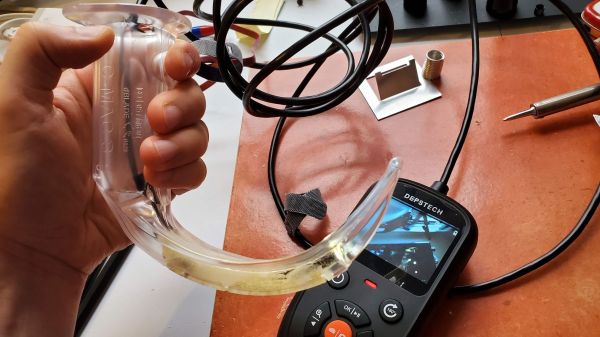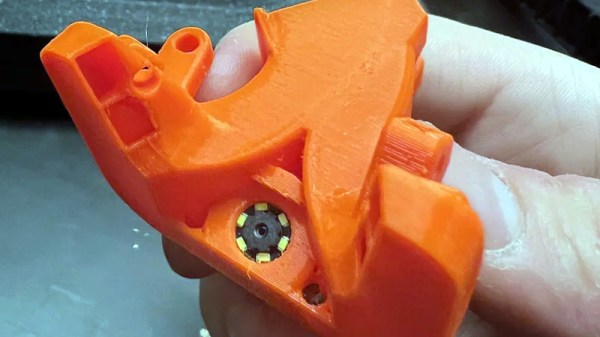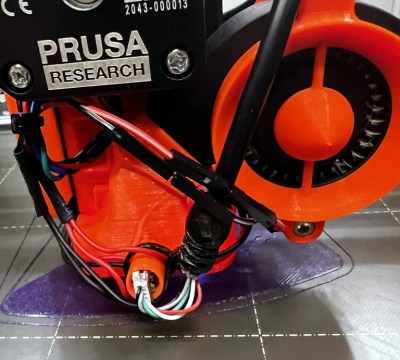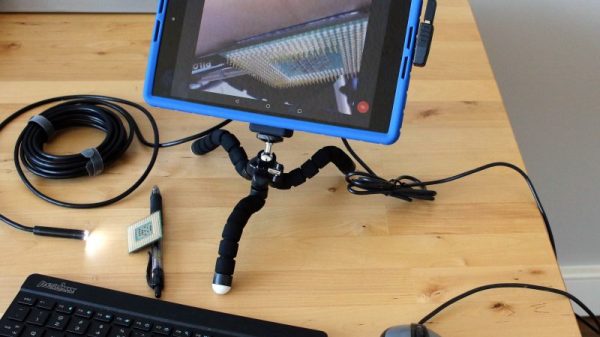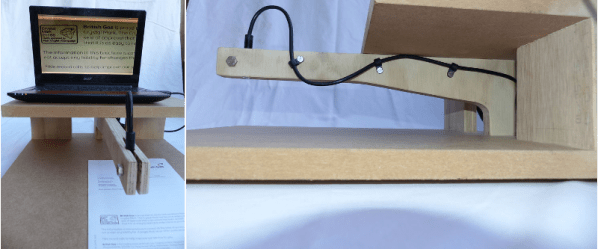One of the most critical skills in emergency medicine is airway management. Without a patent airway, a patient has about four minutes to live, so doctors and paramedics put a huge amount of effort into honing their intubation skills. They have to be able to insert an endotracheal tube quickly and efficiently, without damaging sensitive structures like the vocal cords. It’s a tricky skill to master without a ton of practice.
The perfect tool to practice these skills is a video laryngoscope, but these are wildly expensive and reserved for clinical use. Luckily, with a little ingenuity and a cheap USB borescope, [Dr. Adam Blumenberg] and [Dr. Erin Falk] were able to come up with this low-cost video-assisted laryngoscopy setup to reach as many students as possible. The idea is to use a single-use laryngoscope blade, which replicates the usual tool used to visualize the patient’s vocal cords. The blade is made from clear plastic, which makes it perfect for the application. The borescope is passed through an opening in the blade and affixed to it with adhesives. A little Dremel work might be necessary to get the optical axes of the blade and the camera to line up; failing that, there’s always the option to disassemble the camera to get a better angle.
The chief advantage of this setup, aside from being cheap, is that it’s something that it’s not intended to be used on patients. Along with an airway manikin, the tricked-out borescope can sit in a conference room waiting for students to have a go. Using a large screen allows the whole group to watch the delicate procedure and learn from the mistakes of others. It may not be as detailed a simulation environment as some, but “blade time” is really what counts here.

